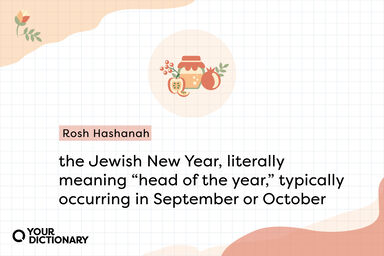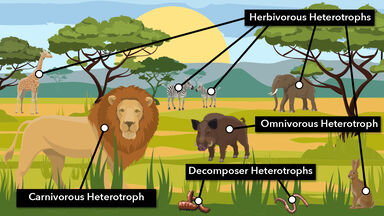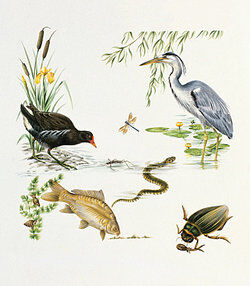Seal Definition
- Used to indicate that one will not disclose a piece of information.
- Having an impression or emblem attesting to a document's authenticity and reliability.
- to close completely
- to enclose or surround (an area, etc.) with barriers, a cordon, etc.
- to mark with one's seal
- to endorse; approve
- in a document authenticated by one's seal
Other Word Forms of Seal
Noun
Idioms, Phrasal Verbs Related to Seal
- (one's) lips are sealed
- under seal
- seal off
- set one's seal to
- under (one's) seal
Origin of Seal
-
Middle English sele, from an inflectional form of Old English seolh, from Proto-Germanic *selhaz (compare North Frisian selich, Middle Dutch seel, zÄ“le, Old High German selah, Danish sæl, Middle Low German sale), either from Proto-Indo-European *selk, *solk 'to pull' (compare dialectal English sullow 'plough') or from Finno-Ugric *šülke (compare dialectal Finnish hylki, standard hylje, Estonian hüljes). More at sullow.
From Wiktionary
-
Middle English die or signet for stamping an impression from Old French seel from Vulgar Latin sigellum from Latin sigillum diminutive of signum sign, seal sekw-1 in Indo-European roots
From American Heritage Dictionary of the English Language, 5th Edition
-
From Anglo-Norman, from Old French seel, from Latin sigillum, a diminutive of signum (“sign")
From Wiktionary
Middle English sele from Old English seolh
From American Heritage Dictionary of the English Language, 5th Edition
From Old English sÇ£lan (“to bind").
From Wiktionary
Find Similar Words
Find similar words to seal using the buttons below.





